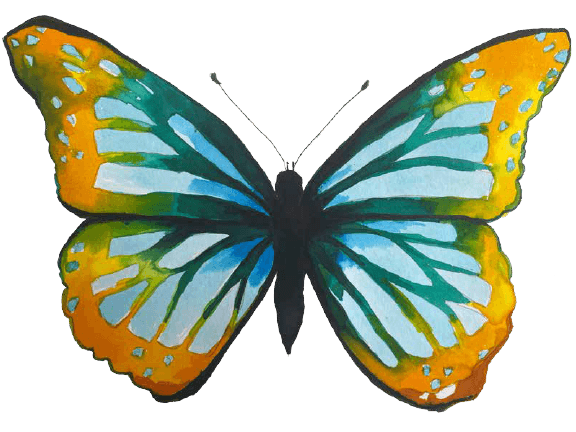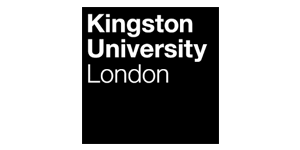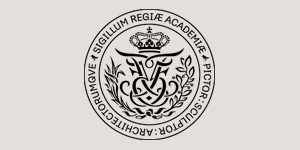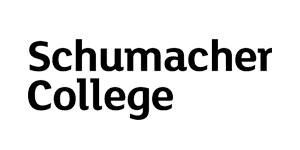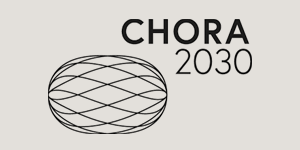philosophy
teaching
I have taught and lectured on sustainability as well as design topics in colleges and universities in many places around the world such as Hongkong, South Korea, Australia, South Africa, Canada, China, Japan, US, Brazil, UK, and in most European countries. My base has been the UK, and Denmark.
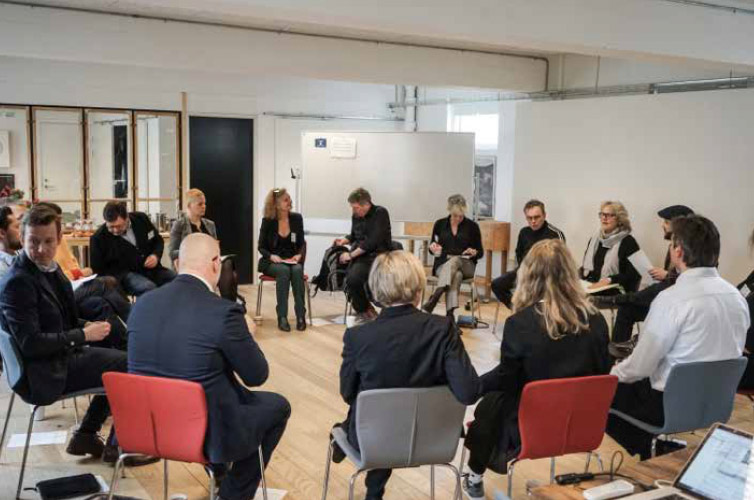
A Chora Connection (2030) 5th square workshop
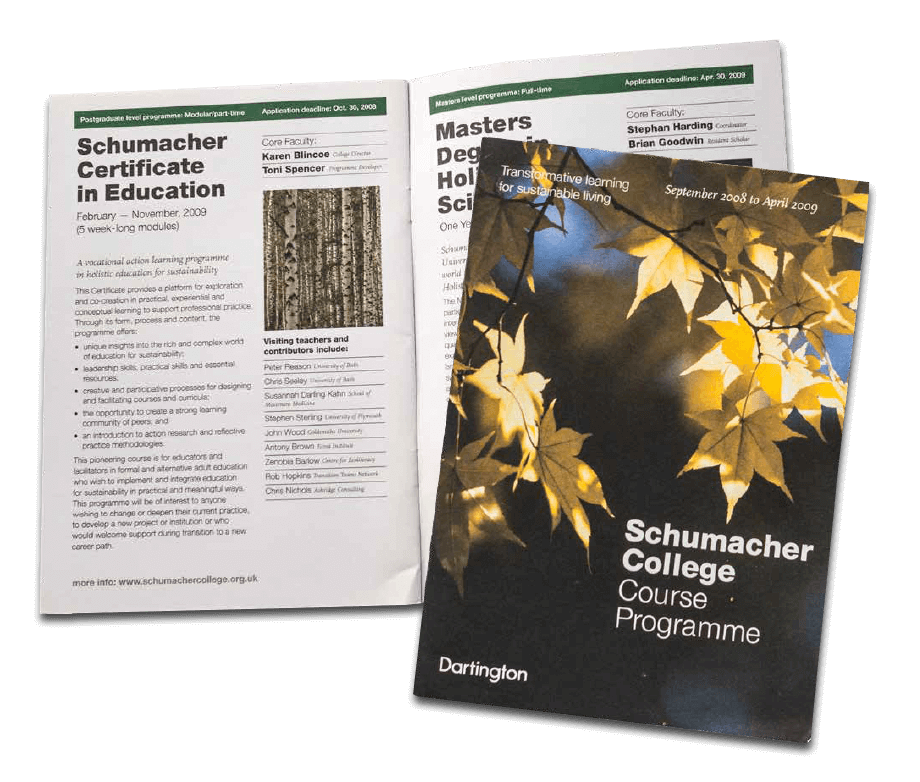
MY TEACHING PHILOSOPHY
It includes four perspectives: the mental, the physical, the emotional, the spiritual.
Sustainability must be part of all education from nursery school, primary, secondary, to higher education, both vocational and academic.
Mainstream knowledge of sustainability, the UN principles from 1987, the 17 Sustainable Development Goals and/or other models and methods for sustainability are essential elements in education for an advanced and future society.
I developed the first educational models, modules, masterclasses and programmes in ICIS, based on the above principles, from 2001 onwards. The principles are adaptable to any educational context and I introduced these in ICIS, in Schumacher College and in Chora Connection, now Chora 2030.
”Education for sustainability differs from traditional education in that the classroom is not fixed, the outcomes are not fixed, and the processes are not fixed. It must be a fluid process and an allowance of emergence as the programmes unfold and the students develop their understanding”
Dr. Chris Seeley (2014) at an ICIS seminar in 2012)
THE ICIS TEACHING PHILOSOPHY
Each person has a unique talent and contribution make. It is the teacher’s role to find this special talent in the student and offer the tools and skills to support the expression of this.
Many of the ideas and new programmes in ICIS were developed in collaboration with partner organisations and individuals such as MADS, the Master of Sustainable Design in collaboration with the University of Lund, DEEDS with the four European partners, and SEED, a collaboration with Annelise Ryberg designing the framework and content for a sustainable folk high school.
Were the courses and programmes successful? Yes, they were (see below) and the methods and processes have today become increasingly mainstream as society is more aware of the importance of having a holistic approach to education whether for school children or leaders. The human aspect is becoming central to all teaching and learning. The human aspect is central to achieving sustainability.

Some people know from childhood exactly what they want to be and what they want to work with. Others find out along the way, searching here and there. Some find their right place early in their careers. Others, like myself, only get there later on in life. Finding that unique place or talent ensures a fulfilled or contented life where resistance, failure or adversity is then easier to overcome.

Education must be holistic, meaning that the whole person is included.
We are whole beings operating on mental, emotional, physical and spiritual levels. It is important as a teacher to be aware of these levels and include them as much as possible when creating the learning environment.
It is important for the student to understand and relate to the world around her/him. To understand one’s role in a societal context.
Many people ask: What difference can I make, what is my role in life? I believe that whatever topic or subject you teach you should know its societal context, its importance and its impact. To understand the contribution that can be made and how it can influence the whole is an essential part of education.
THE HUNDRED LANGUAGES OF CHILDHOOD
The child
is made of one hundred.
The child has
A hundred languages
A hundred hands
A hundred thoughts
A hundred ways of thinking
Of playing, of speaking.
A hundred always a hundred
Ways of listening of marveling of loving
A hundred joys
For singing and understanding
A hundred worlds
To discover
A hundred worlds
To invent
A hundred worlds
To dream
The child has
A hundred languages
(and a hundred hundred hundred more) But they steal ninety-nine.
The school and the culture
Separate the head from the body.
They tell the child;
To think without hands
To do without head
To listen and not to speak
To understand without joy
To love and to marvel
Only at Easter and Christmas
They tell the child:
To discover the world already there
And of the hundred
They steal ninety-nine.
They tell the child:
That work and play
Reality and fantasy
Science and imagination
Sky and earth
Reason and dream
Are things
That do not belong together
And thus they tell the child
That the hundred is not there
The child says: NO WAY the hundred is there –
– Loris Malaguzzi
Founder of the Reggio Approach, and the Reggio Emilia PreschoolsPersonal details

